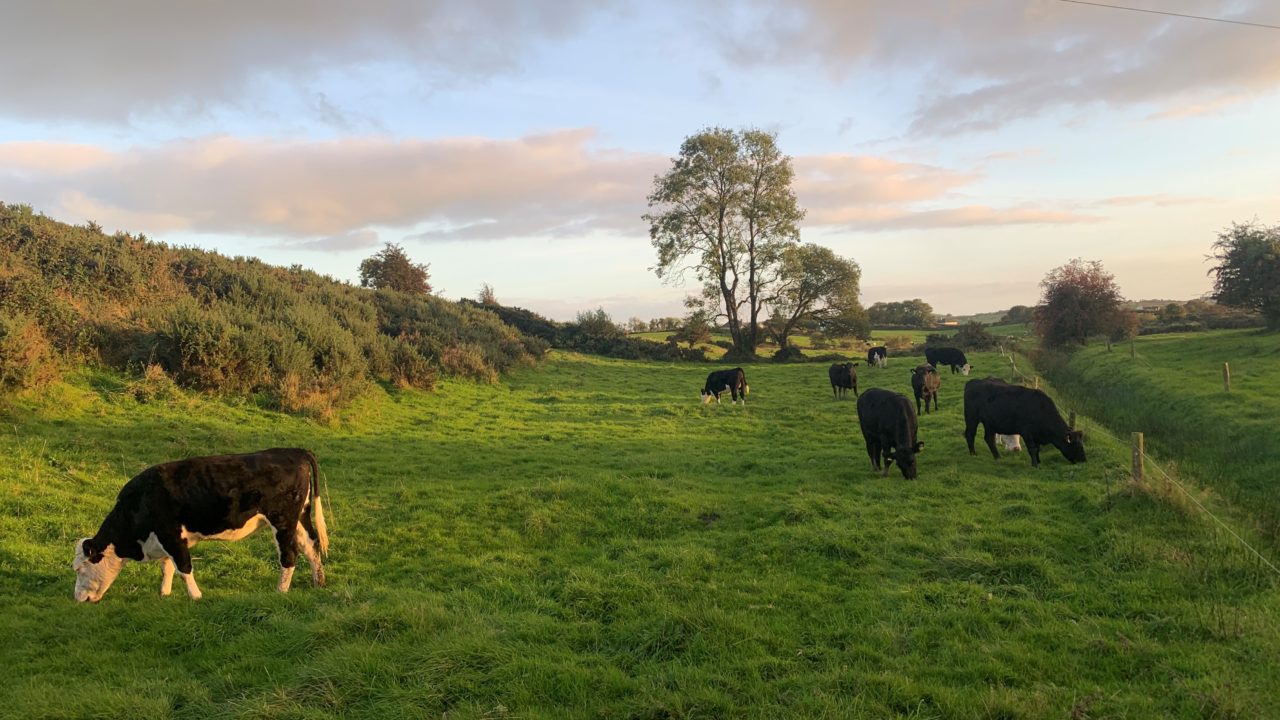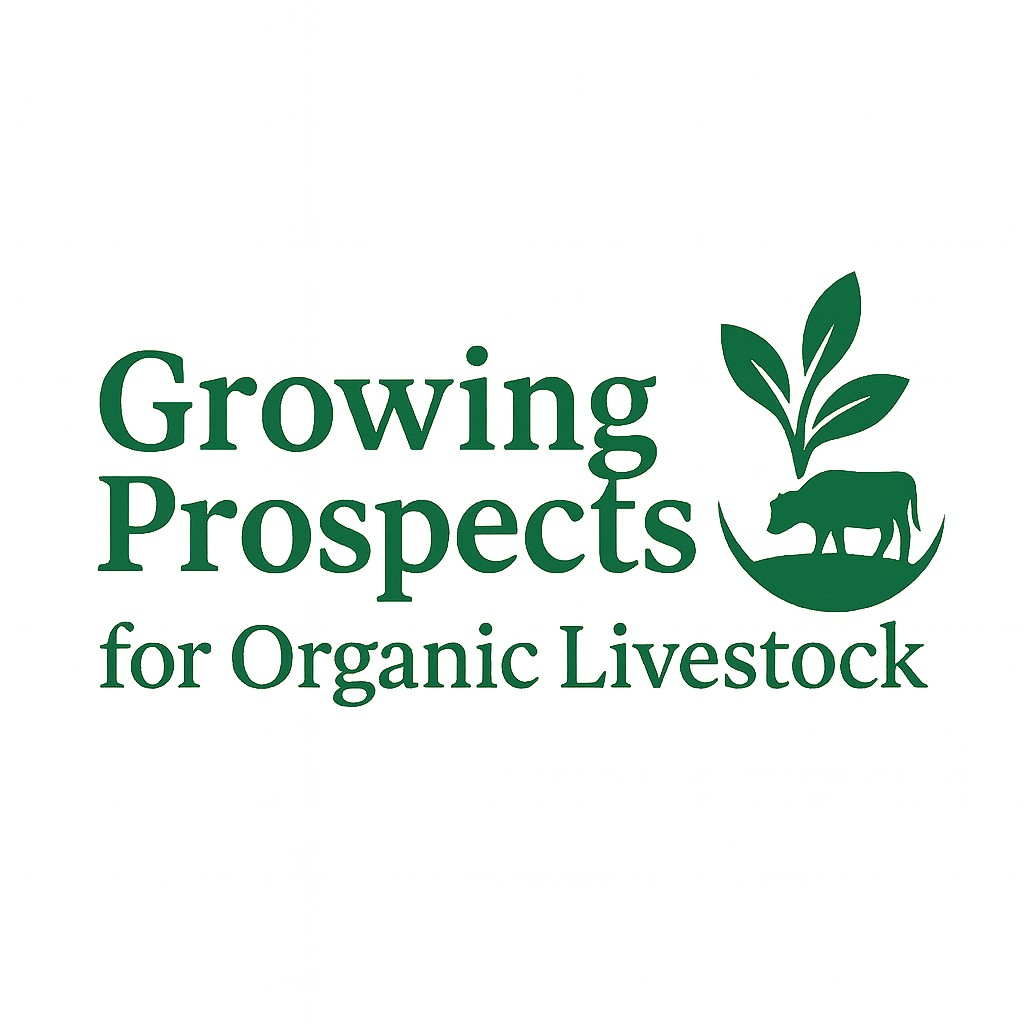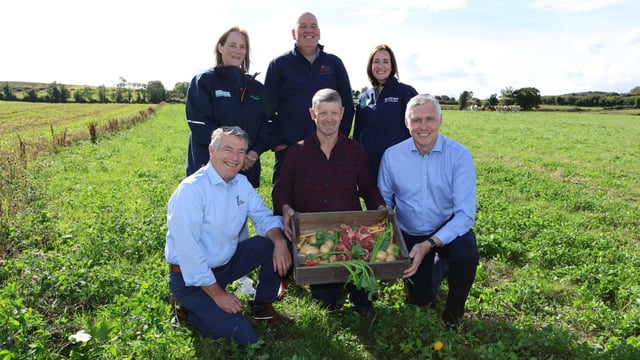New project set to test farms for worm dose resistance
A new project being rolled out this year will test for resistance to worm dosing or anthelmintic resistance on Irish beef farms.
The project is called Managing Anthelmintic Resistance in Cattle Sustainably (MARCS) and will commence at Teagasc Grange later this year.
MARCS is a collaborative project between Teagasc, University College Dublin (UCD), Queen’s University Belfast, Animal Health Ireland (AHI), and the Department of Agriculture, Food and the Marine (DAFM).
The project organisers are currently looking for farms where they can test for wormer resistance and farmers can participate directly or vets can recruit their clients as participants.
While there are a large range of products and brand names available on the market to control gutworms, according to Teagasc there are currently only three classes of anthelmintic available for the control of gutworms in cattle.
These are as follows:
- Benzimidazoles (white drenches);
- Levamisoles (yellow drenches);
- Macrocyclic lactones (clear drenches).
Resistance to all three classes of anthelmintic has now been found in Ireland, according to Teagasc. As farmers will know, controlling gutworms is an important management task in pasture-based beef production systems.
Gutworm control in Ireland is currently highly dependent on the use of anthelmintics and gutworms are becoming resistant to the products used to control them which is a challenge for the industry.
Farmers who wish to participate in the research will receive full guidance on the testing protocol and the sample testing will be provided free of charge.
The test for resistance is a faecal egg count reduction test (FECRT) which involves collecting individual faecal samples from a cohort of calves before and after wormer treatment and submission of the samples to the laboratory.
A short survey on parasite control practices must also be completed.
According to the project partners, testing is the only way to know the level of effectiveness of a wormer, with other methods identifying resistance too late.
The overall aim of the project is to determine the extent of resistance to wormers on Irish cattle farms as well as to identify major risk factors for the development of resistance so as to help the industry target mitigation strategies.
The project also aims to use models of worm population dynamics to apply sustainable parasite control to Irish farms.





